It's that time of the year again when buyers big and small play the lottery of buying yearlings, dreaming of owning the next champion of the turf and paying for an early retirement. There are several sales via auction around the country, all with different average selling prices. Magic Millions is the most recognizable, with sales held in most states of Australia. With so many lots on offer it can become overwhelming to newcomers so let's look at a few tips and info on how it all works.
Advantages of buying local; Most States have bonus schemes for yearlings bred locally. WA's Westspeed and NSW Bobs two prime examples. It is a no brainer for mine to race the horse wherever the scheme is eligible. Basically you double your prize money without being penalized by the handicapper.
Research Research Research; Before buying at an auction or a share of someone else' s yearling scrutinize the breeding thoroughly. There are a few different theories around the industry such as don't buy a mare's first foal or anything after numbers 6-7. Of course they are not foolproof. The mares side are more important as the top sires have hundreds even thousands of yearlings each year and there are plenty of them running around in bush maidens. You can pretty much ignore it's race record as plenty of well bred horses that flopped at the races have produced good horses from their bloodlines. Before selecting/buying my first yearling I spent years practicing by selecting a shortlist, estimating their worth and creating a spreadsheet with their actual selling price. I then try and follow their careers and record their prize money.
Stick to your Budget; Auctions can be dangerous when the adrenaline is pumping. Remember the hammer price is usually plus GST. If you are on a small budget (relative speaking), pick lots that are likely to be in your price range. If a blueblood is not attracting many bids there is always a reason. It will have a reserve price or it's xray's might show a deficiency. While horse's don't know their price tag and many bargains have gone on to glory such as Yankee Rose (10K), with prizemoney on offer these days you only have to win or even place in a few midweeks to pay the bills and make a profit. The real expensive ones are usually bought by studs for the future or the very best trainers with lot's of clients and have to win a stack of races just to pay for itself. The number one sin is buying a yearling purely because you missed out on the ones you came for. You can always approach the buyer and see if any shares are available.
After Hammer Costs; There is plenty to organise before you even start bidding. While you will find someone to agree to train your horse it maybe not who you had in mind. Bigger trainers especially have to like the horse and think it can race competitively in the city, smaller stables might be full. Ideally it's important to get the trainer to inspect the yearling with you and get their opinion. If you don't have a trainer presale you need to have somewhere for it to go. Most trainers send them to particular agistment farms or breaker's but they don't take them home at this stage. Fall of Hammer Insurance is vital. I once had a share in a horse who had a float accident in the sales complex carpark! Many sales have feature races or series for horses bought at the particular auction. They are generally very good prizemoney. However if you don't want to nominate just in case, consider how likely your horse will be competitive or even racing by raceday. I haven’t nominated most of ours in the past as they have been late maturing 3yo types.

